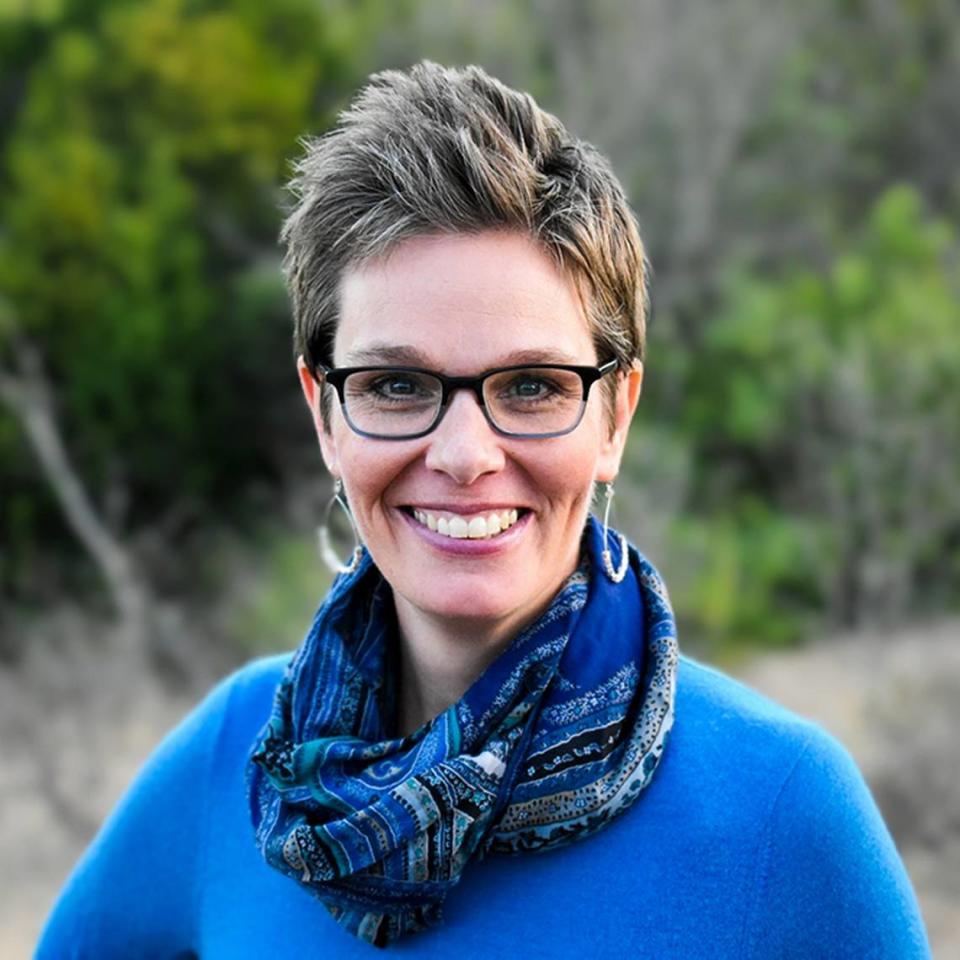Failing scores on the Nation’s Report Card means failure for us all and our future | Opinion
Maybe, like me, you remember Jay Leno’s “Jay Walking” skit from The Tonight Show. This segment, which ran fairly regularly during the 1990s and early 2000s, featured Leno canvassing Los Angeles asking folks on the street basic questions about science, geography, and history, among other things. Most people flubbed their answers, often hilariously so.

“What country did we fight in the Revolutionary War?” Leno once asked.
“France!?!,” replied Debbie from South San Francisco, looking both dazed and confused.
When passersby flopped their responses to Leno’s questions, viewers got a laugh because they were in on the joke. The conceit of the sketch presumed the answers were obvious, and easy. But recent results from a national assessment known as “The Nation’s Report Card” suggest “Jay Walking” might not have the same laugh appeal in the future, as it did in the past. American eighth grade scores in civics declined by two points, the first such drop in the history of the assessment. For history, the scores are lower than they have ever been.
It’s hardly novel to decry the folly of youth, or to assume the current generation lacks the character or work ethic of their predecessors. Maybe times have changed. But whether this is true or not, slumping scores in history and civics are worth worrying about for reasons that go beyond laziness or educational failure. Our democracy is at stake.
If the results of “The Nation’s Report Card” are truly indicative, only 13% of American eighth-graders are proficient learners of national history, while only 22% made passing marks in civics.
Compare these numbers to the 30% of Americans who doubt the ongoing integrity of the U.S. election system, the 50% who believe media deliberately misinforms voters and the 80% who don’t trust the government in Washington to “do what is right.”
Taken together, the statistics paint a picture of a country coming apart at the seams. Fewer and fewer people have faith in American democratic institutions, and the next generation isn’t learning why those institutions matter or how they came into being in the first place.
Many news stories these days fret over the polarization and partisanship that have become endemic to politics in the United States, and with good reason. The national town square is getting ever more caustic and unwelcoming.
Public schools should be a place where tomorrow’s leaders and voters learn important national narratives, along with the democratic theories that undergird the American system of laws.
Teaching and learning history and civics ensures the flourishing of an American common sense — those things and ideas that shape and secure the ability of the people to continue to self-govern and prosper.
Common sense need not always mean good sense, but it does signify shared understanding. Shared understanding is like democratic background music. It filters through our lives and ensures that even when citizens disagree, there are still norms and rules available for continuing the dance.
Democracy takes everyone. We are each responsible for knowing what citizenship means, how a people flourish, and the obligations that come with the realization of our human rights.
When students haven’t learned the things that we know, or that we imagine are important to our American identity, then each of us is on the hook for figuring out what’s gone wrong and turning the tide.
Civics and history education matter as much as do courses in science, math or technology.
We might be a divided, polarized electorate, but it’s time to come together to make sure the next generation has the chance to learn what they need to know to ensure the survival of the democratic experiment that is the United States.
Sam Martin, PhD, is the Frank and Bethine Church Endowed Chair at the Frank Church Institute at Boise State University.

 Yahoo Sports
Yahoo Sports